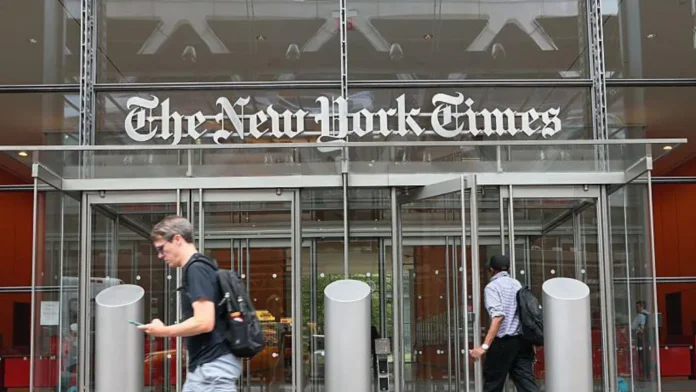In a stunning move, Nvidia – the undisputed leader in AI chips – has announced a $5bn investment in Intel, taking a 4% ownership stake in the once-dominant but now struggling semiconductor giant. This comes just weeks after the US government acquired a 10% stake in Intel, signaling a coordinated push to safeguard America’s chipmaking future.
The deal isn’t just financial. It marks the beginning of a strategic partnership: the two US-based chipmakers will collaborate on building next-generation PC and data centre processors, directly addressing the surging global demand for AI-driven computing power.
Market reaction was swift:
- Intel’s stock soared more than 25% on the news.
- Nvidia shares gained around 3%.
For context, Nvidia’s meteoric rise has pushed its valuation above $4 trillion, while Intel, once Silicon Valley’s crown jewel, has seen its market cap shrink to just $100 billion. The gap highlights just how far Intel has fallen behind in the AI revolution. Why This Matters
- Strategic Diversification: Nvidia wants to reduce dependence on TSMC (Taiwan Semiconductor Manufacturing Co.), which currently makes most of its chips. Partnering with Intel strengthens US-based production.
- Geopolitical Edge: With US-China trade tensions intensifying, Washington is keen to boost domestic chip capacity. This Nvidia-Intel tie-up plays right into that strategy.
- Industry Disruption: Rivals like AMD and TSMC could face challenges, as Nvidia now brings Intel back into the AI race with financial muscle and technical know-how.
Voices from the deal
- Jensen Huang, Nvidia CEO: called it “a fusion of two world-class platforms” that will shape the “next era of computing.”
- Lip-Bu Tan, Intel CEO: welcomed the investment as a strong vote of confidence during a turbulent time for Intel.
Challenges Ahead
- Intel’s contract manufacturing division (its foundry business) – a key area needing revival – isn’t part of this deal. That leaves open questions about whether Intel can catch up in advanced chip fabrication.
- Nvidia is still battling restrictions in China, where the government has reportedly ordered tech giants to halt purchases of its AI chips.
Big picture: This is more than just a financial lifeline. It’s a strategic alignment of America’s two biggest chipmakers at a time when AI, geopolitics, and technological sovereignty are reshaping the global semiconductor landscape.

